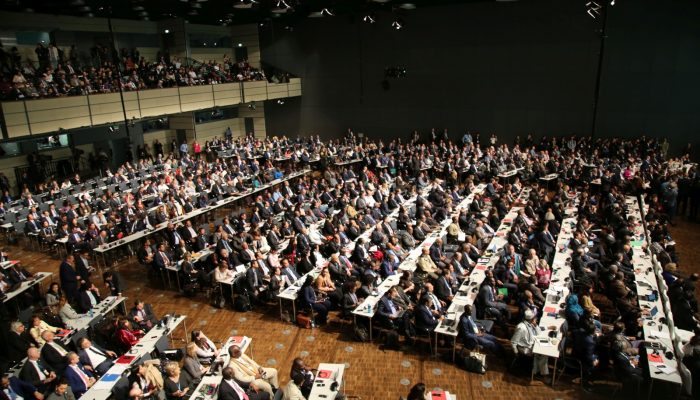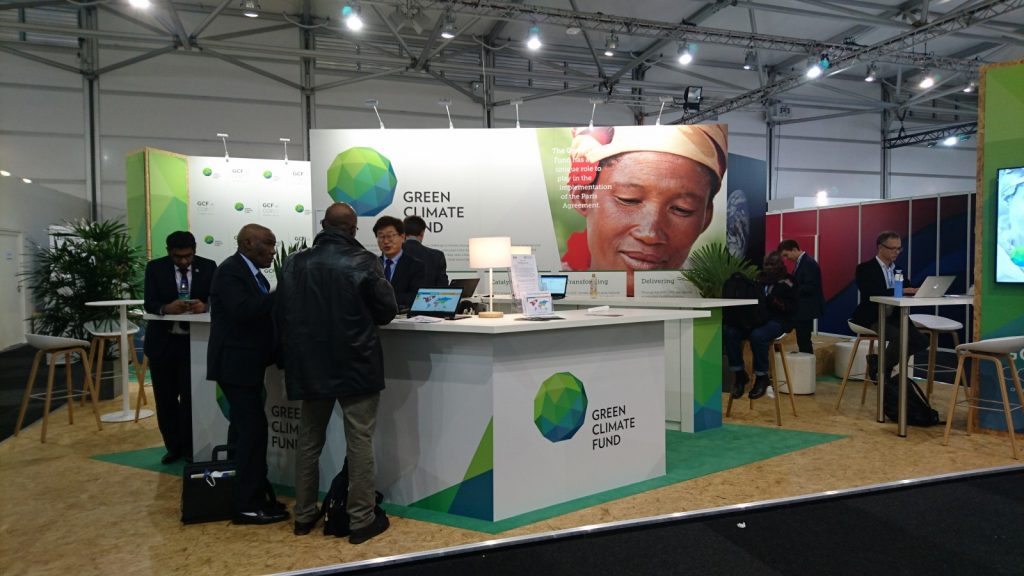
What is COP23?
Anthropogenic climate change is threatening life on this planet as we know it. It’s a global issue… and not one that is easily solved. The Conference of the Parties (COP) provides world leaders, policy workers, scientists and industry leaders with the space to share ideas and decide on how to tackle climate change and generate global transformative change. COP23 will predominantly focus on increasing involvement from non-state actors (such as cities and businesses), how to minimise the climate impacts on vulnerable countries and the steps that are needed to implement the Paris Climate Change Agreement.
Hold on – what’s the Paris Climate Change Agreement…?
You’ve probably heard about the Paris Climate Change Agreement (often shortened to just Paris Agreement) before, but what exactly does it refer to?
During the COP21, held in Paris during 2015, 175 parties (174 countries and the European Union) reached a historic agreement in response to the current climate crisis. This Paris Agreement builds on previous UN frameworks and agreements. It acknowledges climate change as a global threat and that preventing the Earth’s temperature from rising more than 2°C should be a global priority. The only nations not to sign the agreement were Syria, due to their involvement in a civil war and their inability to send a delegation, and Nicaragua, who stated that the agreement was insufficiently ambitious. Both of these countries have since signed the agreement while the US has unfortunately made headlines by leaving it.
The Paris Agreement states that there should be a thorough action plan that details how the Paris Agreement should be implemented by COP24 in 2018. There is still a long way to go before this action plan is finalised but COP23 was able to make a strong headway.
You can learn more about the UN climate frameworks and Paris Climate Change Agreement here or read more about COP21 here.
What did the COP23 achieve?
Today is the last official day of the COP23 and while it is often difficult to determine whether large scale political events are successful until after the dust has settled, there are some positive signs.
1. Making progress on the Paris Agreement action plan
The COP23 has been described as an implementation and ‘roll-up-your-sleeves’ kind of COP. While the COP21 resulted in a milestone agreement, the COP23 was about determining what staying below 2°C actually entails – what needs to be done and when. Some of the measures discussed to keep us under 2°C included: halving global CO2 emissions from energy and industry each decade, scrapping the $500 billion per year in global fossil fuel subsidies and scaling up carbon capture and storage technology. Simple, right?
These actions are all feeding into the detailed “rulebook” on how the Paris Agreement should be implemented which will be finalised at COP24.
2. Cities have stepped up to the plate
Mayors from 25 cities around the world have pledged to produce net zero emissions by 2050 through ambitious climate action plans which will be developed with the help of the C40 Cities network. Having tangible examples of what net zero emissions looks like and how it can be achieved will hopefully encourage other cities to follow suit. For this reason “think global, act local” initiatives are also picking up steam.
A new global standard for reporting cities’ greenhouse gas emissions has also been announced by the Global Covenant of Mayors for Climate and Energy. The system will allow cities to track their contributions and impacts using a quantifiable method. This will not only allow the UNFCCC to track the progress of cities more effectively but it may also result in a friendly competition with cities around the globe. It is also expected that all cities will have a decarbonisation strategy in place by 2020.
3. Phasing out coal by 2030?
19 Countries (ranging from Angola to the UK) have committed to phasing out unabated coal generation by 2030. Unabated coal-powered energy generation refers to the generation of electricity from a coal plant without the use of treatment or carbon capture storage technology (which generally reduces emissions from between 85-90%). With 40% of the world’s electricity currently being generated from coal, this commitment is clearly a huge step in the right direction that will hopefully put pressure on other nations and steer energy investment towards lower-emission sources.
4. There is the will to change… and the funding is there too!
One of the key features of the Paris Agreement was the amount of financial aid committed, 100 billion USD annually by 2020, from developed countries to support developing states mitigate their emissions. While this level of funding is still far from being reached, the aim to jointly mobilise 100 billion USD annually by 2020 was reiterated.
The French President, Emmanuel Macron, also announced that Europe will fill the funding gap in the IPCC budget that was left by the US’ withdrawal from the Paris Agreement.
Other outcomes
Not only do COPs generally result in solid outcomes and agreements being made but they also go a long way to strengthen global unity and the belief that we are able to tackle climate change despite it being a huge and often daunting problem. This was also highlighted by Jonathan Bamber, the EGU President, who attended the event, “It was so impressive to see politicians, policy makers and scientists all striving hard to ensure that the world’s economies achieve the goals laid out in COP21 in Paris. There was a lot of energy for change and action and much less cynicism than I have witnessed at previous COP events. I really hope it helps steer us towards a more sustainable future“.
While these are just a few of the immediately obvious results from the COP23, I am sure that there will be more agreements and outcomes announced within the next few days. Keep tuned to the GeoPolicy Blog for more updates!
Further reading
- Possible initial elements of outcomes for COP 23
- Day 11 at COP 23: New efforts announced at Bonn Climate Conference to implement climate action
- Scientists made a detailed “roadmap” for meeting the Paris climate goals. It’s eye-opening
- What is the COP?
- Bonn climate talks: key outcomes from the May 2017 UN climate conference





Catalin
Thank you for documenting COP23 !